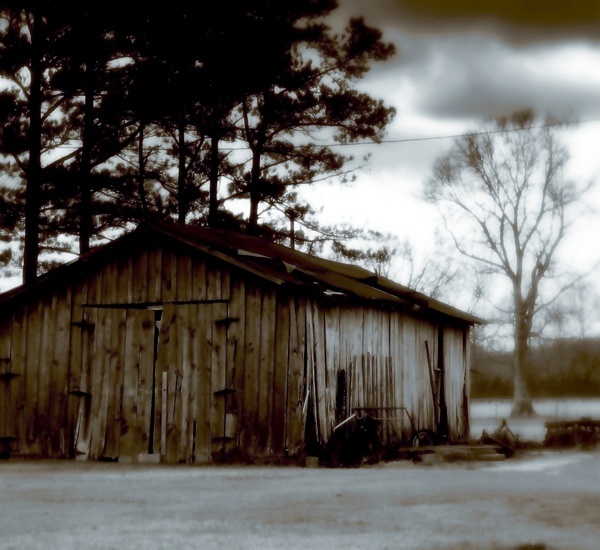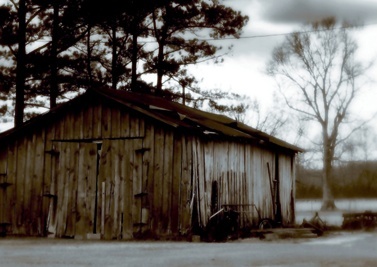
W
alker Percy once complained that the problem with being identified as a Southern writer is that then you have to spend the rest of your life astonishing Yankees.
These days, astonishing Yankees seems to require no more than filming a story in Louisiana. In True Blood, True Detective, Swamp People, Cajun Pawn Stars, and Duck Dynasty, the exoticism of the locale and the eccentricities of its natives are apparently sufficient to generate a large audience. Of course, as a recent article in Variety makes clear—“Dear ‘Duck Dynasty’ Fans: You Do Know It’s All Fake, Right?”—whether these series are billed as fiction or not, they’re all scripted narratives. But the scripts they follow confirm a set of prejudices widely held, as their success demonstrates, in the rest of the country.
That the locals are benighted is never in question, and Louisiana itself is the state of intellectual and moral darkness they inhabit. None make this equation more literally than True Blood’s vampires, whose dread of daylight forces most scenes to occur at night. The villains of True Blood are not blood-thirsty vampires but homophobic evangelicals, unwilling as their parents were before them to integrate their society. Occasionally even portrayed as night riders, these children and grandchildren of segregationists persecute a minority attempting to accommodate itself to the larger culture. Shifting the focus of such persecution from racial difference to sexual orientation, True Blood, in its opening credits, explicitly links the civil rights struggles of the ’50’s and ’60’s to today’s fight for equal rights for all Americans. Clips of civil rights protesters dragged away by police and a child at a Ku Klux Klan rally with his mother holding his baby bottle behind him lead to an illuminated billboard trailer announcing, “GOD HATES FANGS.” Coming exactly halfway through the credits, that crude adaptation of a common slur introduces a central theme of the series: prejudice.
Of course, Louisiana has earned its reputation for discrimination. As a boy, I watched mothers of classmates spit on a crucifix held up by our parish priest as he attempted to lead a little black girl to a waiting car the day my Catholic school was integrated in New Orleans. But I witnessed incidents of racial prejudice that shocked me just as deeply in summer visits to my mother’s hometown of Brooklyn. So I grew up thinking of racism as American rather than Southern.
But prejudice is not really the point of these Louisiana stories—at least not the prejudice of the characters in these tawdry tales. It is simply one of the mechanisms along with religious fundamentalism, right-wing politics, and ill-educated speech that confirm the intellectual and moral superiority of the viewers over the villains and buffoons that have been scripted for their pleasure by pandering to their biases.
To be fair, I realize it must make a kind of intuitive sense to Americans to imagine the base appetites fed by their popular culture would find greatest fecundity in the delta of the continent’s largest river. After all, we may call it the mouth of the Mississippi, but it’s really the river’s other end. The effluvia of the country gurgles down from the Midwest to be discharged into the great dead zones off the coast of Louisiana, depleted of their oxygen by Northern pollution. So shouldn’t we expect that the detritus of the American psyche would find its most congenial expression in elemental tales of sex and death, of greed and foolery set where else but in Louisiana?
You should know, though, that since you started reading this major item, half a football field of Louisiana coastline has fallen into the Gulf of Mexico. In that Catholic school I attended, we were taught that one hundred miles of wetlands separated New Orleans from the Gulf. My children were taught there were fifty miles. To the east, it’s less than half that now. Since 1940, Louisiana wetlands the size of Delaware have been lost to the encroaching saltwater. So laugh at Louisianians while you can. Eventually there won’t be a Louisiana, and you’ll have to make do with the villains and buffoons of Arkansas. But they’re not nearly as astonishing as ours are.
